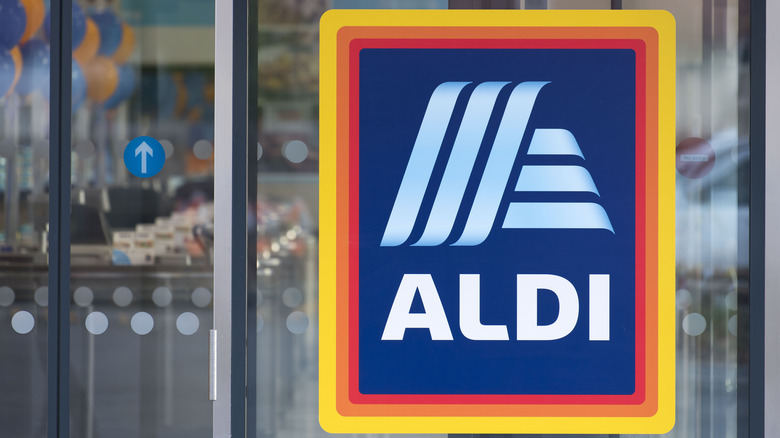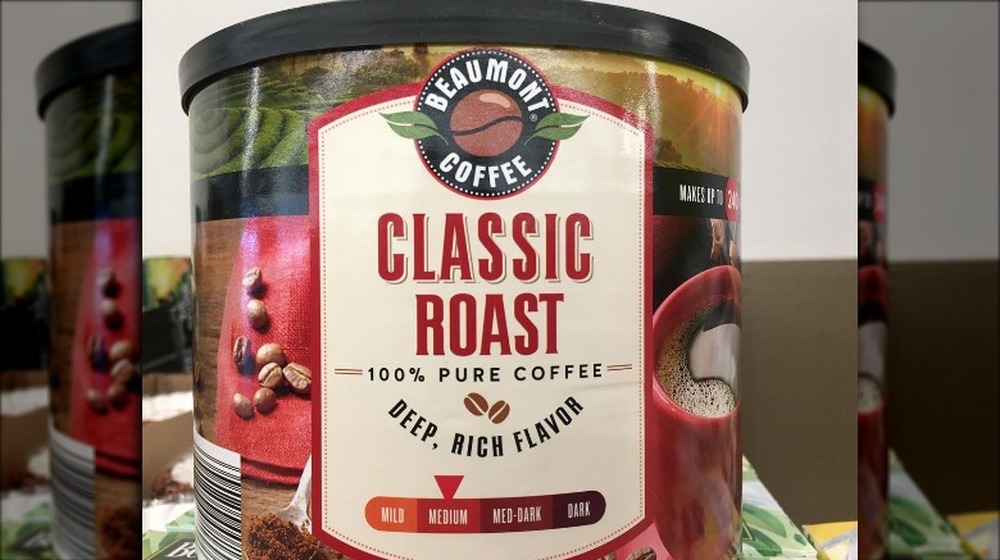Why Aldi Is Being Sued Over Its Coffee
Aldi has managed to capture the imagination of many fans across the country for providing customers with a plethora of unique products at affordable rates. According to the company's official website, its guiding principle is simple: It's possible to get access to high-quality products without shelling out massive amounts of money. The grocery store has come a long way since its firs U.S. store was opened (1976), and it has over 2,000 stores across the country.
That said, Aldi hasn't always had it easy as a brand. For example, in 2014, the company was called out for giving importance to a product that was classified as racist. Basically, the brand promoted T-shirts in its Australian outlets around the time of Australia Day. Folks quickly objected to the T-shirts, pointing that they read, "Australia Est. 1788" which ignores the fact that indigenous people lived on the continent before that. While a few commentators thought that the critics were being overly dramatic, Aldi decided to get rid of the T-shirts and said in a statement, "Aldi Australia wants its customers to know it puts the community and their wishes first."
The company has found itself courting controversy again as two shoppers have decided to take the company to court for its coffee. Uh oh. This is what's happening.
The complaint basically calls the product misleading
According to a report by Top Class Actions, a federal class action lawsuit has been filed by two individuals who claim that the coffee from Aldi doesn't deliver in terms of quantity. Essentially, they believe that the store's Beaumont Coffee items do not make as many cups of coffee as advertised and say that the packets don't have as much coffee as they should.
Beaumont is Aldi's in-house coffee brand. According to one of the consumers, Eileen Brodsky, she noticed that while a canister of coffee suggested that she would be able to make 210 cups of coffee (six ounces each), she figured out that she could only make 137 cups of coffee. In case you're curious, it's basically a 35 percent difference. A statement from the lawsuit reads, "Defendants employ a classic bait-and-switch scheme that causes unsuspecting consumers to spend more money for less than the advertised amount of coffee they believe they are purchasing." Yikes.

